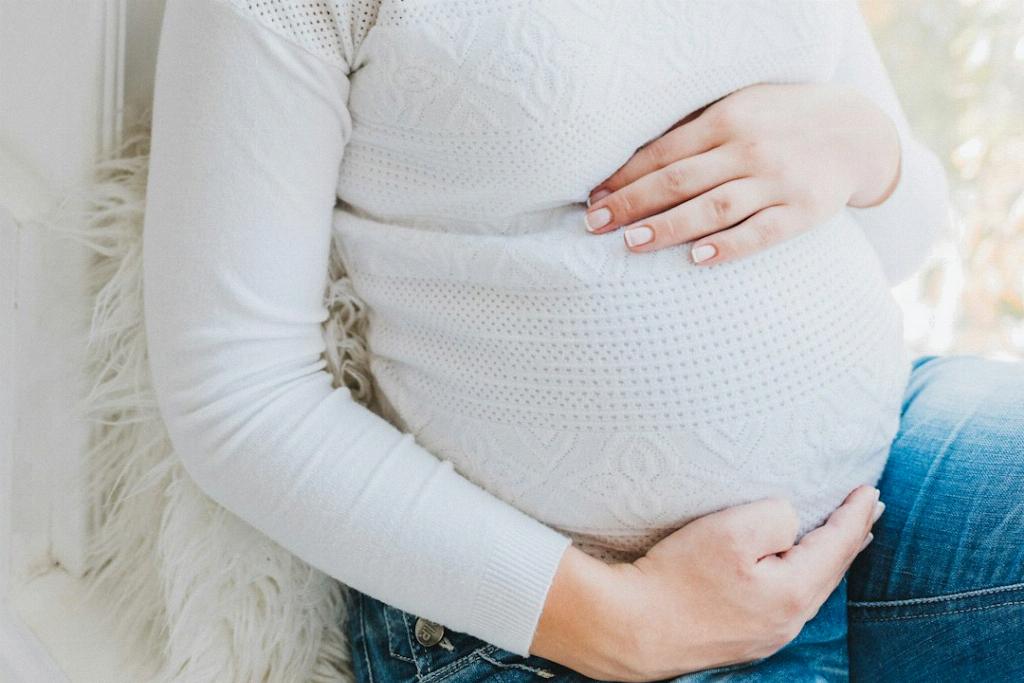Respiratory Syncytial Virus (RSV) is a common respiratory virus that can affect people of all ages. However, for pregnant women, contracting RSV can lead to severe complications and pose a significant risk not only for the mother but also for the developing baby.
Increased Risk of Hospitalization
Research indicates that pregnant women infected with RSV are more likely to require hospitalization compared to non-pregnant individuals. The immune system changes during pregnancy can make expectant mothers more vulnerable to severe respiratory infections like RSV.
Impact on Maternal Health
When a pregnant woman contracts RSV, the infection can exacerbate pre-existing pulmonary conditions such as asthma. This can lead to respiratory distress and significantly impact the health and well-being of the mother.
Risks to the Developing Baby
RSV infection during pregnancy can also pose risks to the developing fetus. In severe cases, the virus may lead to complications such as preterm birth, low birth weight, or even fetal distress, highlighting the importance of preventive measures.
Complications in the Third Trimester
Contracting RSV during the third trimester of pregnancy, when the baby is nearing full term, can be particularly concerning. The virus may trigger premature labor or cause other obstetric complications, necessitating close monitoring and medical intervention.
Management and Treatment
Currently, there is no specific antiviral treatment for RSV in pregnant women. Management typically involves supportive care, rest, hydration, and close monitoring for any signs of respiratory distress.
Preventive Strategies
Given the potential risks associated with RSV infection during pregnancy, it is crucial for expectant mothers to take preventive measures. This includes practicing good hand hygiene, avoiding close contact with sick individuals, and staying up to date on vaccinations.
Consultation with Healthcare Providers
If you suspect that you have been exposed to RSV or are experiencing symptoms of respiratory infection during pregnancy, it is vital to consult your healthcare provider promptly. Early detection and intervention can help mitigate potential complications.
Monitoring Fetal Well-being
Healthcare providers may recommend fetal monitoring to assess the well-being of the baby in cases of RSV infection during pregnancy. Regular monitoring can help ensure the optimal care and management of both the mother and the fetus.
Emphasis on Respiratory Health
Ensuring optimal respiratory health during pregnancy is essential in reducing the risk of infections like RSV. Pregnant women are advised to avoid exposure to environmental pollutants, quit smoking if applicable, and follow a healthy lifestyle to support immune function.
Conclusion: Protecting Maternal and Fetal Health
In conclusion, contracting RSV during pregnancy can have significant implications for maternal and fetal health. By being proactive, following preventive measures, and seeking timely medical attention, pregnant women can safeguard themselves and their babies from the potential risks associated with RSV infection.

